When you participate in research, you are helping find ways to improve cancer detection, prevention, treatment and quality of life. Stay updated on the latest clinical trials and studies by signing up for our research updates.
Search Results: Surveys, Registries, & Interviews (30 results)

Surveys, Registries, Interviews
Survey for people diagnosed with ovarian cancer
Understanding the Emotional and Social Experiences of Individuals Diagnosed with Ovarian Cancer
A survey for people diagnosed with ovarian cancer to share your experiences, social support, and self-compassion following your diagnosis.
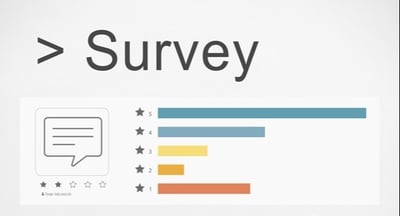
Surveys, Registries, Interviews
Online survey on stomach cancer risk for people with an inherited mutation in genes that are linked to an increased risk of certain cancers
Understanding Risk Factors for Stomach Cancer in People with Inherited Mutations
The purpose of this study is to understand gastric (stomach) cancer risk among people with an inherited (germline) mutation in genes that are linked to an increased risk of certain cancers, including APC, ATM, BRCA1, BRCA2, CDH1, CHEK2, PALB2, Lynch syndrome (MLH1, MSH2, MSH6, PMS2, EPCAM), MUTYH, STK11, and other genes linked to increased cancer risk.
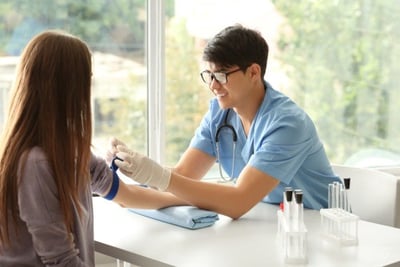
Surveys, Registries, Interviews
Study collecting blood samples and imaging records of people at high risk of developing pancreatic cancer
Registry for People at Increased Risk for Pancreatic Cancer
This study will collect blood samples and MRI images from people at an increased risk of developing pancreatic cancer in order to improve early-stage detection methods in the future.
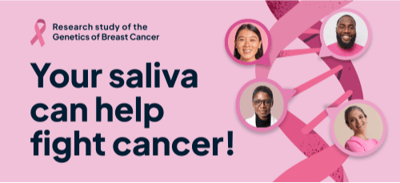
Surveys, Registries, Interviews
This population-based research study aims to enroll at least 10,000 people aged 18 and older who live in the United States. A diagnosis of cancer is NOT required. Participants may receive information about their genetic ancestry for free.
Research Study on the Genetics of Breast Cancer
We are conducting a fully-online research study to learn more about how genes affect your risk of breast cancer. No office visit is required. Participants provide consent online, answer questions online about their health and medical history, and provide DNA via a saliva sample using a pre-paid mailer through the mail. In return for participation, study participants may receive information about their genetic ancestry for free.
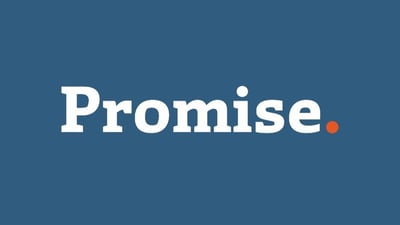
Surveys, Registries, Interviews
A screening registry for people diagnosed with prostate cancer
PROMISE Registry: A Prostate Cancer Registry of Outcomes and Germline Mutations for Improved Survival and Treatment Effectiveness
PROMISE is a nationwide registry of prostate cancer patients with inherited mutations; screening approximately 5,000 participants with a prostate cancer diagnosis. The PROMISE team is studying how these mutations affect patient outcomes and hope to help patients learn more about their disease, the treatments that they may benefit most from, and any research studies that they may be eligible for.
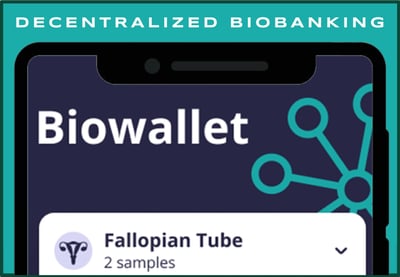
Surveys, Registries, Interviews
Survey to share your views on a new method to track research specimens
What Happens to Tissue or Blood Samples you Donate as Part of Research?
Survey to share your views on a new method to track research specimens, like tissue or blood, you or your loved ones may have donated for science
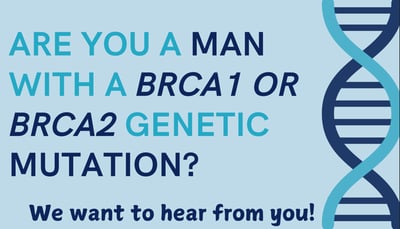
Surveys, Registries, Interviews
Research study enrolling individuals assigned male at birth (AMAB) who are a confirmed carrier of a BRCA1 and/or BRCA2 mutation
Cancer Risk Perception and Management of Individuals With a BRCA1 or BRCA2 Mutation Who Were Assigned Male at Birth (AMAB)
This study seeks to explore the experiences of individuals with BRCA1 or BRCA2 mutations who were assigned male at birth. We aim to understand your journey to genetic testing and how you perceive and manage your cancer risks.
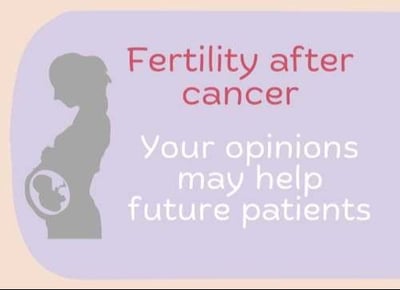
Surveys, Registries, Interviews
Online anonymous survey for adults treated in the US for cancer
Exploring Awareness of Fertility Preservation Options in Patients at Risk of Iatrogenic Infertility. Role of Genetic Counselors
To explore patients' awareness of how medical treatments may affect fertility and identify helpful resources for future patients through a 10-15 minutes anonymous online survey. Enrollment ends on February 28,2025. Eligibility: Adults treated in the US for cancer, thalassemia, or sickle cell disease.
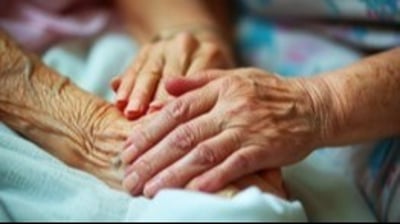
Surveys, Registries, Interviews
Interview of palliative care patients and/or their adult family members who have been offered and involved in genetic testing or counseling
Ethical Challenges in Genetic Testing for Terminally Ill People and their Families
This study will interview palliative care patients and/or their adult family members (spouse, parents, children, siblings) who have been offered and involved in genetic testing or counseling related to the condition for which the patients are receiving palliative care.

Surveys, Registries, Interviews
This study explores how different levels of support systems influence coping strategies among LGBTQIA+ cancer patients
Social Support and Coping Strategies Among LGBTQIA+ Cancer Patients
This study explores how different levels of support systems influence coping strategies among LGBTQIA+ cancer patients, specifically patients who are over the age of 18, actively diagnosed with cancer, and reside in the United States.

Surveys, Registries, Interviews
Online survey for people diagnosed with breast, colorectal, gastric or prostate cancer within the past twenty years
Understanding the Cancer Journey: A Survey of Patient Experiences and Emotional Impact
Researchers are conducting a survey of cancer patients who were diagnosed with breast, colorectal, gastric or prostate cancer within the past twenty years. The aim is to gather information about their diagnosis, treatment, and personal experiences of battling cancer. The survey will collect data on the type of cancer, diagnosis, treatment plan, medications used, and personal stories throughout the journey to help gain a better understanding of the emotional and psychological impact of cancer on patients.
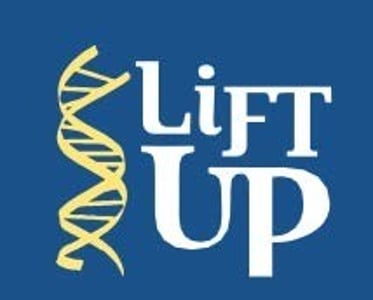
Surveys, Registries, Interviews
Study looking at cancer risk for people with Li-Fraumeni syndrome
The LiFT UP Li-Fraumeni & TP53: Understanding & Progress Study
The LiFT UP Study is a research project for individuals and families from around the world. The goal is to learn more about adults and children who have a change in the TP53 gene in their blood to better predict their specific cancer risks.

Surveys, Registries, Interviews
A survey for people aged 18-45, assigned female at birth, and history of a cancer diagnosis
Roadmap to Parenthood: A Study about Fertility and Family-Building After Cancer
Roadmap to Parenthood is a remote, survey-based study. Eligible participants must be aged 18-45, assigned female at birth, and history of a cancer diagnosis. this study to evaluate an online tool developed to educate and provide support to women and people assigned female at birth who are interested in family building after cancer. This study involves the completion of four online surveys. All study procedures are done remotely.

Surveys, Registries, Interviews
Study to collect and save data, cancer samples, and cancer family health histories from people who screen for colorectal endometrial cancer
Registry to Discover New Treatments and Developmental Processes of Colorectal and Endometrial Cancer in Patients with Hereditary Cancer
This research registry will collect and save data, cancer samples and family health history information to discover new ways cancer develops. It will look to find new genes that could be used for treatments and preventing cancer for people with hereditary cancer.
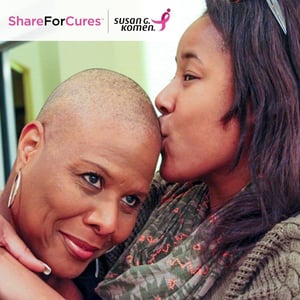
Surveys, Registries, Interviews
Registry for anyone diagnosed with breast cancer
ShareForCures®: Susan G. Komen's People-Powered, Data-Driven Breast Cancer Research Registry
Today, researchers are learning about breast cancer from a small subset of patients, who are not representative of all breast cancer patients. ShareForCures® is an online registry that offers people who have been diagnosed with breast cancer a way to participate in research by connecting information about themselves with their breast cancer diagnosis, medical records, genomics. Participation is open to anyone adult, living in the United States, and who has been diagnosed with breast cancer.
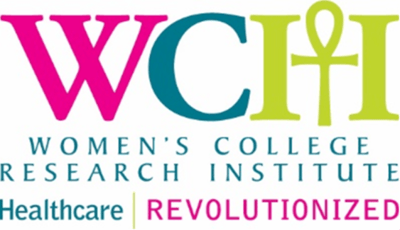
Surveys, Registries, Interviews
Study for people who have a BRCA1, BRCA2, or PALB2 genetic mutation
The Risk Factor Analysis of Hereditary Breast and Ovarian Cancer In Women with BRCA1, BRCA2 or PALB2 Mutations
Those who carry the BRCA1, BRCA2 or PALB2 gene mutations experience a higher lifetime risk of developing breast and ovarian cancer, but we need to know more about the other genetic and non-genetic factors that may also influence risk. This study follows women with these gene mutations over time, striving to build the evidence we need to help them and others make better decisions to protect their health.
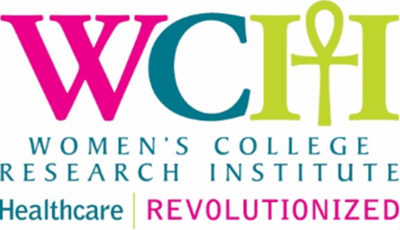
Surveys, Registries, Interviews
A survey for women with a BRCA1 or BRCA2 mutation
A Study on Options for Managing Cancer Risk Among Women with a BRCA1 or BRCA2 Mutation
Women with a BRCA1 or BRCA2 mutation are at higher risk of developing breast and/or ovarian cancer compared to women in the general population. There are various options available to these women to help reduce or manage these risks, including preventive surgery. We are conducting an important new study to examine and understand cancer prevention decisions and outcomes in these women.

Surveys, Registries, Interviews
Survey and interview for people of Caribbean descent who tested positive for a genetic mutation linked to cancer.
Exploring How People of Caribbean Descent Share Information About Their Genetic Mutations with Family Members
We're looking into how families share information among Caribbean individuals who have a genetic mutation linked to an increased risk of cancer. The goal is to understand the experiences of Caribbean people dealing with a higher chance of developing cancer. This study will help us figure out how genetic counselors can better support Caribbean patients and their family members in handling this genetic information. If you're interested, you can participate by filling out a survey. If you're eligible, we might reach out to you for a 45-60 minute interview.

Surveys, Registries, Interviews
Registry for people with Li-Fraumeni syndrome (LFS) or from LFS families
Studying People and Families Affected by Li-Fraumeni Syndrome (TP53 Mutation )
The goal of this study is to identify whether Li-Fraumini syndrome (LFS), which has a high lifetime cancer risk, has any other causes besides the TP53 mutation. The study involves people with Li-Fraumeni syndrome and people from families with Li-Fraumeni syndrome filling out questionnaires with their medical information.

Surveys, Registries, Interviews
Screening study for women at risk for breast cancer due to an inherited mutation or other risk factor
A Surveillance Program for Women at High Risk for Breast Cancer (CAPSBRACA)
Screening study for women at risk for breast cancer due to an inherited mutation or other risk factor. The study will create a registry of women at high risk of breast cancer. A registry collects data about specific populations to understand them better. This study will also look at whether an abbreviated MRI works as well as a full MRI for screening women at high risk of breast cancer.

Surveys, Registries, Interviews
Interviews with African American people who tested positive for a genetic mutation
Kindred Study
We are talking with African American adults about cancer genetic testing, including those that have received a positive cancer genetic testing result and people with a family member who received testing. We are learning about new and improved ways to support African American individuals and families before, during and after they participate in cancer genetic testing.
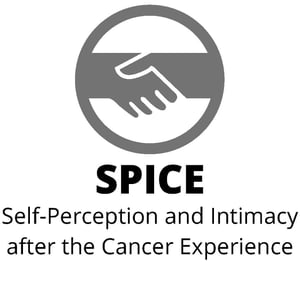
Surveys, Registries, Interviews
Online survey for cancer survivors ages 18-39 years old about sexual health
Self -Perception and Intimacy After the Cancer Experience (SPICE)
SPICE is an online survey that asks questions about your sexuality, sexual health knowledge, interpersonal relationships, and body image. Participants will be asked questions about their body image, impact of cancer, relationships, and how they feel about their sexuality.
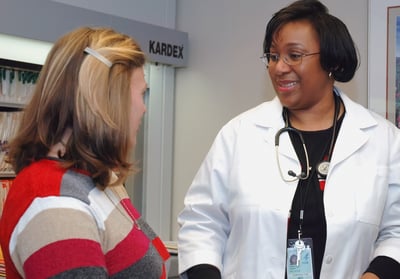
Surveys, Registries, Interviews
Survey for people diagnosed with stage 0 - stage 3 breast cancer
Survey for People Diagnosed with Breast Cancer to Provide Feedback on a New Type of Clinical Trial
Stanford researchers invite people diagnosed with stage 0 to stage 3 breast cancer to take this 15 minute survey to share your thoughts about the advantages and disadvantages of participating in a new type of clinical trial called “a window opportunity” trial. will use this information to help design future clinical trials.
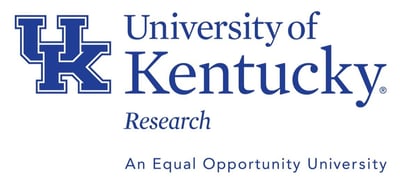
Surveys, Registries, Interviews
Interview for people with inherited mutations who had risk-reducing mastectomy and their partners
Research Opportunity for Previvors and their Romantic Partners
Researchers at the University of Kentucky are hoping to learn more about the relational experiences of individuals with hereditary breast cancer mutations who have navigated a double mastectomy while in a committed romantic relationship. They are particularly interested in the couples’ experience related to sexual intimacy before and after prophylactic surgical procedures. You do not have to live in Kentucky to participate.
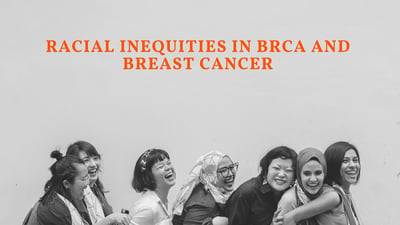
Surveys, Registries, Interviews
People with or without cancer who have had or are considering BRCA testing
BRCA 1 and BRCA 2: Interviews on Genetic Testing and Individual Experiences
This study seeks to interview individuals who come from families with high cancer risk and/or who have tested positive for a BRCA1 or BRCA2 genetic mutation. We are also interested in individuals who may be contemplating BRCA 1/2 genetic testing; those who feel they lack access to genetic testing or who feel they lack information and social and medical support with regard to getting access to genetic testing; those who have been diagnosed with breast cancer who may be at high risk for a range of hereditary cancer. We are especially hoping to reach racially and ethnically diverse males and females whose experiences are often left out of research studies.

Surveys, Registries, Interviews
Online survey for patients and caregivers focusing on multiple aspects of cancer
Cancer Experience Registry
Online survey for patients and caregivers focusing on multiple aspects of cancer to understand its emotional, physical, practical, and financial impact, so we can identify and address gaps in care and support.
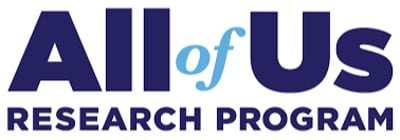
Surveys, Registries, Interviews
Anyone age 18 or over can participate in this research study
All of Us Research Program
The All of Us Research Program is seeking one million people from across the U.S. to help build one of the most diverse health databases in history. We welcome participants from all backgrounds. People who join will share information about their health, habits, and what it’s like where they live. By looking for patterns, researchers may learn more about what affects people’s health.
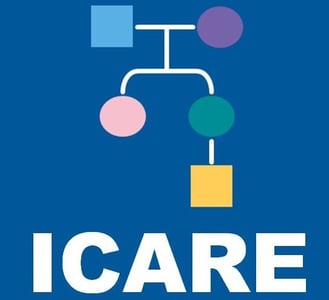
Surveys, Registries, Interviews
People with an inherited mutation or cancer in the family
Inherited Cancer Registry (ICARE): Contribute to Research While Staying Informed
ICARE is a registry of individuals interested in participating in inherited cancer research, through which data and samples are collected to contribute to research. Participants are also provided with ongoing research and clinical updates and informed about other research opportunities for which they might be eligible. Participants are recruited across the United States and beyond. There is no cost to participate, and all materials can be completed online.
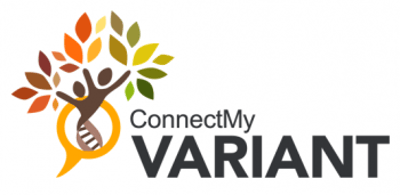
Surveys, Registries, Interviews
Study for people with an inherited mutation to help them talk with relatives about their family history and genetic test results, connect them to others with the same variant and to their family trees
Connect My Variant
Researchers at the University of Washington (UW) are recruiting participants with known inherited mutation. We aim to help participants talk to relatives (both immediate and distant) about their family history and genetic test results, to connect them with others who have the same variant, and to their family trees together. The study provides tools and resources to help at-risk relatives get genetic testing through their own local doctors.

Surveys, Registries, Interviews
The PALB2 Study is an international research study to better understand breast cancer treatment among women with a PALB2 gene mutation.
Breast Cancer Treatment in Women with PALB2 Mutations
The PALB2 Study is an international research study to better understand breast cancer treatment among women with a PALB2 gene mutation. Participants are asked to complete online or paper study questionnaires (every two years for 10 years) and share their family history, medical, and genetics records.


